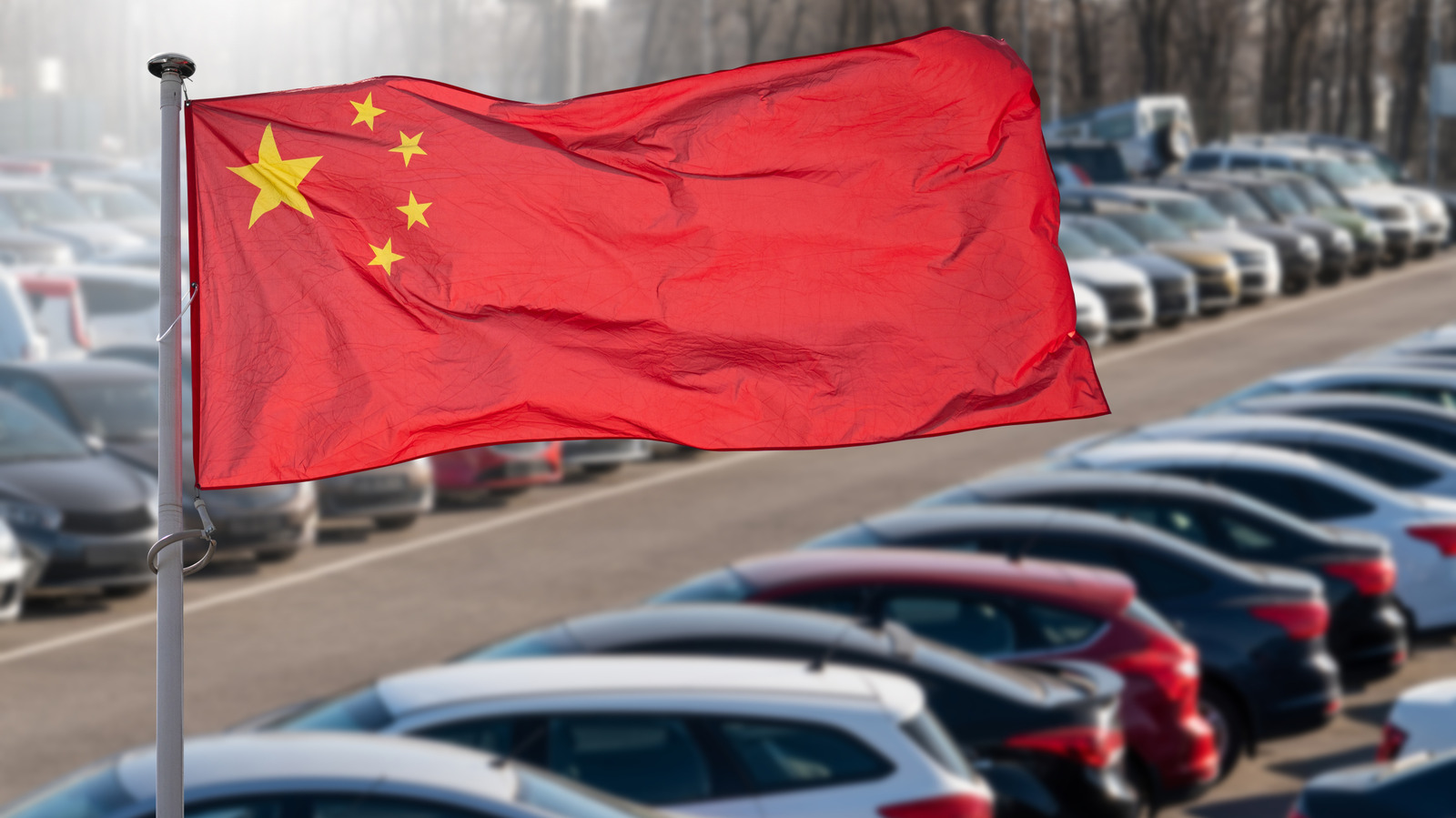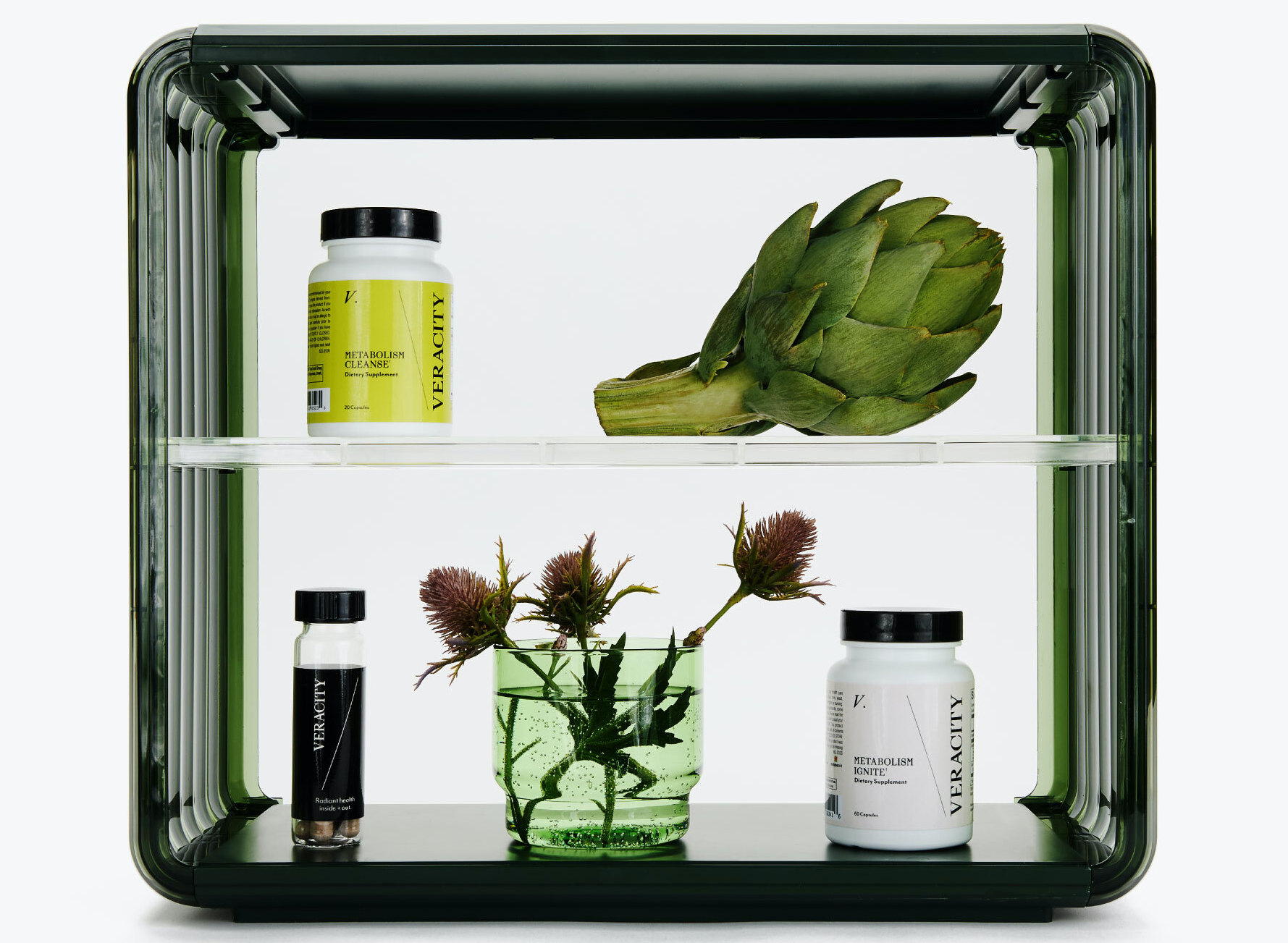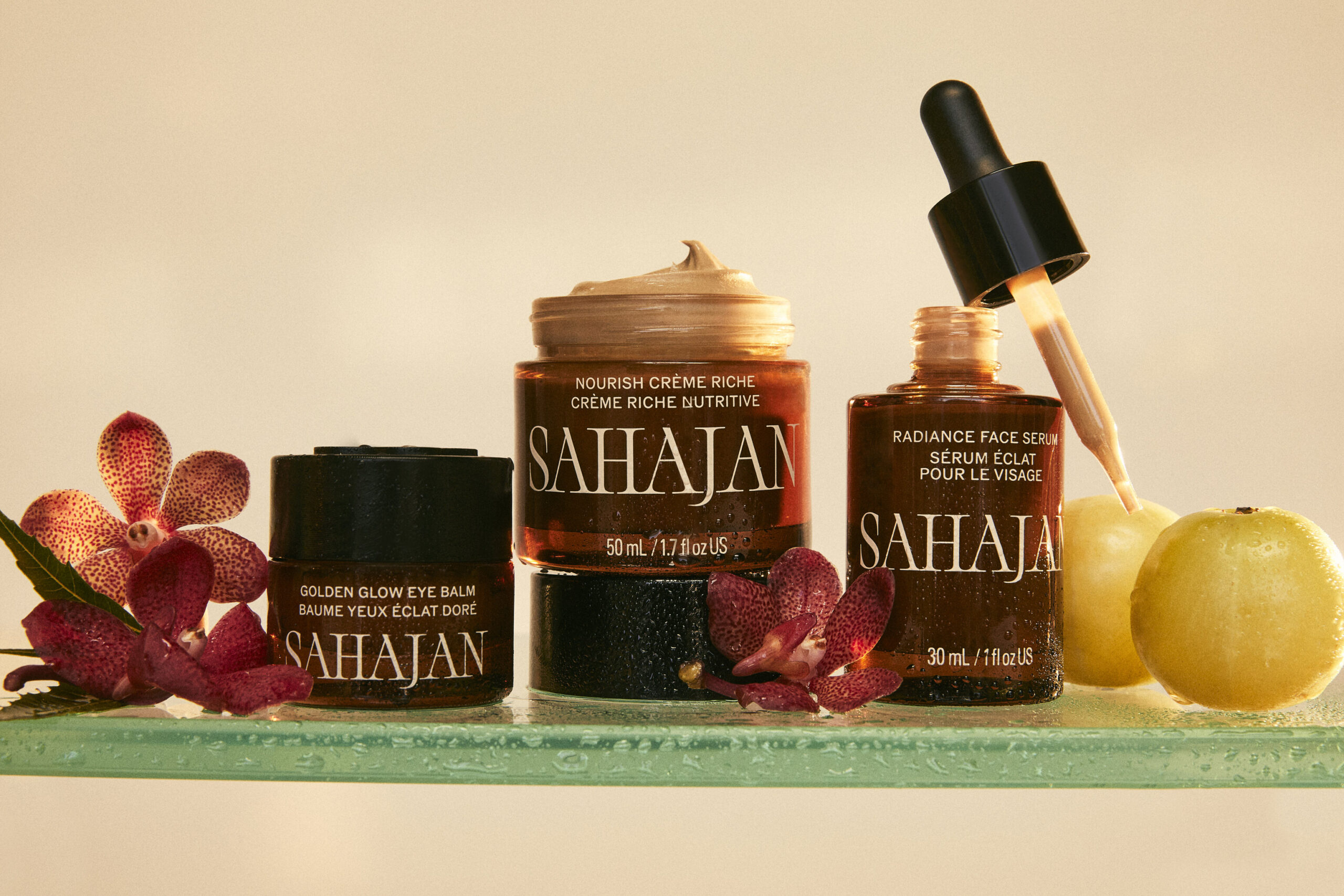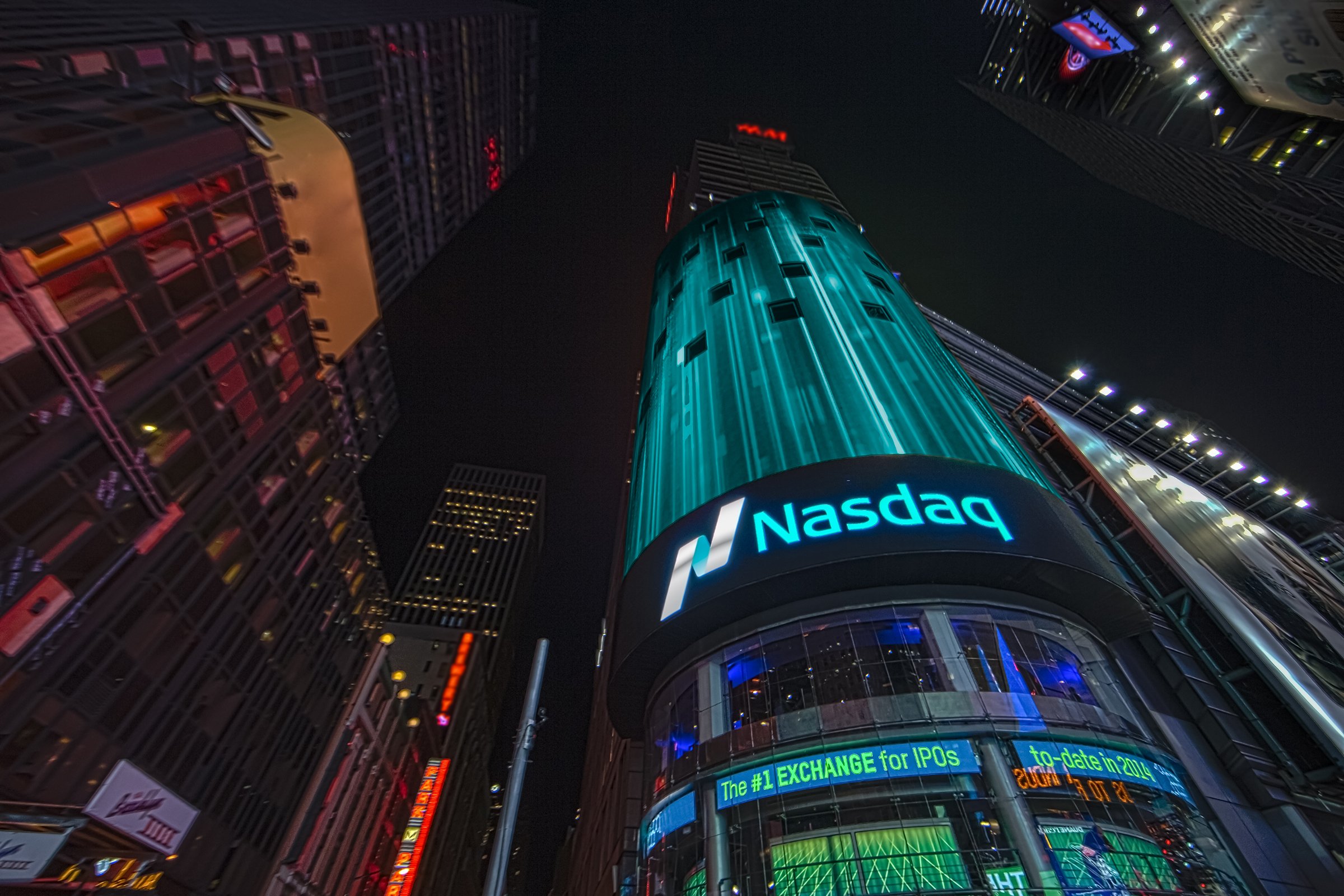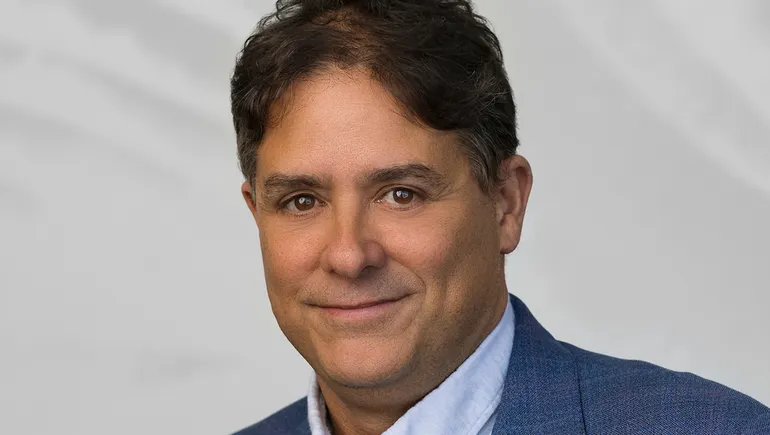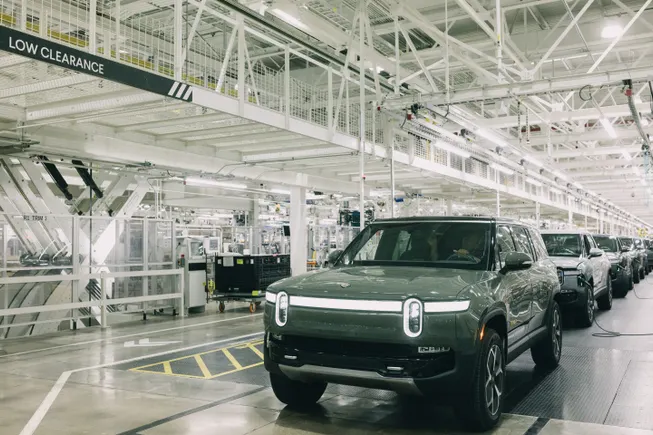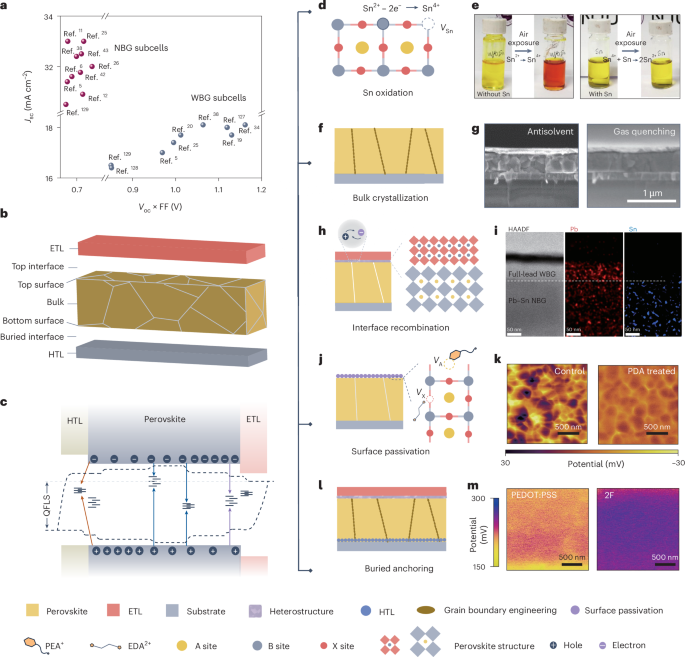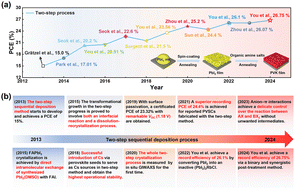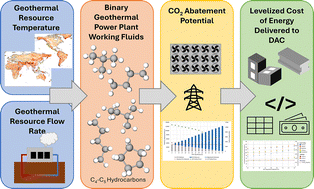STAT+: Pharmalittle: We’re reading about a new FDA review program, proposed DTC ad changes, and more
And more pharmaceutical daily news updates.

Hello, everyone, and how are you today? We are doing just fine, thank you, especially since the middle of the week is already upon us. After all, we have made it this far, so we have decided to hang on for another couple of days. And why not? Given the likely alternatives, this seems to be a reasonable decision. To make the time fly, we are firing up the trusted coffee kettle and brewing another cup of stimulation. Our choice today is honey almond crunch. Can you guess what gives it the crunch? Meanwhile, the time has come to get cracking. Here are a few items of interest to help you get started. We hope you have a lovely day, and do keep in touch. Feedback, tips, and suggestions are always welcome. …
The U.S. Food and Drug Administration is launching a program to reward companies with accelerated drug review and speedy agency feedback, if their actions align with the agency’s national health priorities, STAT tells us. Those priorities include addressing unmet public health needs or health crises, beefing up domestic production of drugs, and delivering more innovative cures. The new priority review relies on a carrot instead of a stick. Rather than the typical review time of 10-12 months, recipients of the “Commissioner’s National Priority Voucher” are entitled to a review within one to two months after a final drug application is submitted. A “limited” number of companies will receive the vouchers this year. Some may also earn an accelerated approval, in which the FDA sends a drug to market based on an endpoint predicting clinical benefit. Chosen companies will also be subject to a different regulatory process. An application will be reviewed not by scientists in a specific FDA center, but by a “multidisciplinary team” of physicians and scientists across the agency.
Dozens of companies have pledged to build more manufacturing facilities in the U.S. since President Trump took office, but generic drugmakers are not among them – and they have no plans to change that anytime soon, The Wall Street Journal notes. Generic drug companies – which supply about 90% of the medications taken by Americans – say further domestic investment is too risky in such a low-margin and unpredictable business, unless the government helps to steady the sector. Drugmakers want more clarity from the Trump administration on the potential pharmaceutical tariffs, which some companies warn could lead them to close U.S. plants altogether. More U.S. investment by brand-name drugmakers, however, will not address issues such as curbing shortages of drugs or supplying essential medicines, which largely involve generic drugs that are made overseas, according to supply-chain experts. Instead it will spur production of expensive medicines already made in America such as cell therapies or biologic cancer drugs, which make up more than 80% of the country’s drug expenditure.










